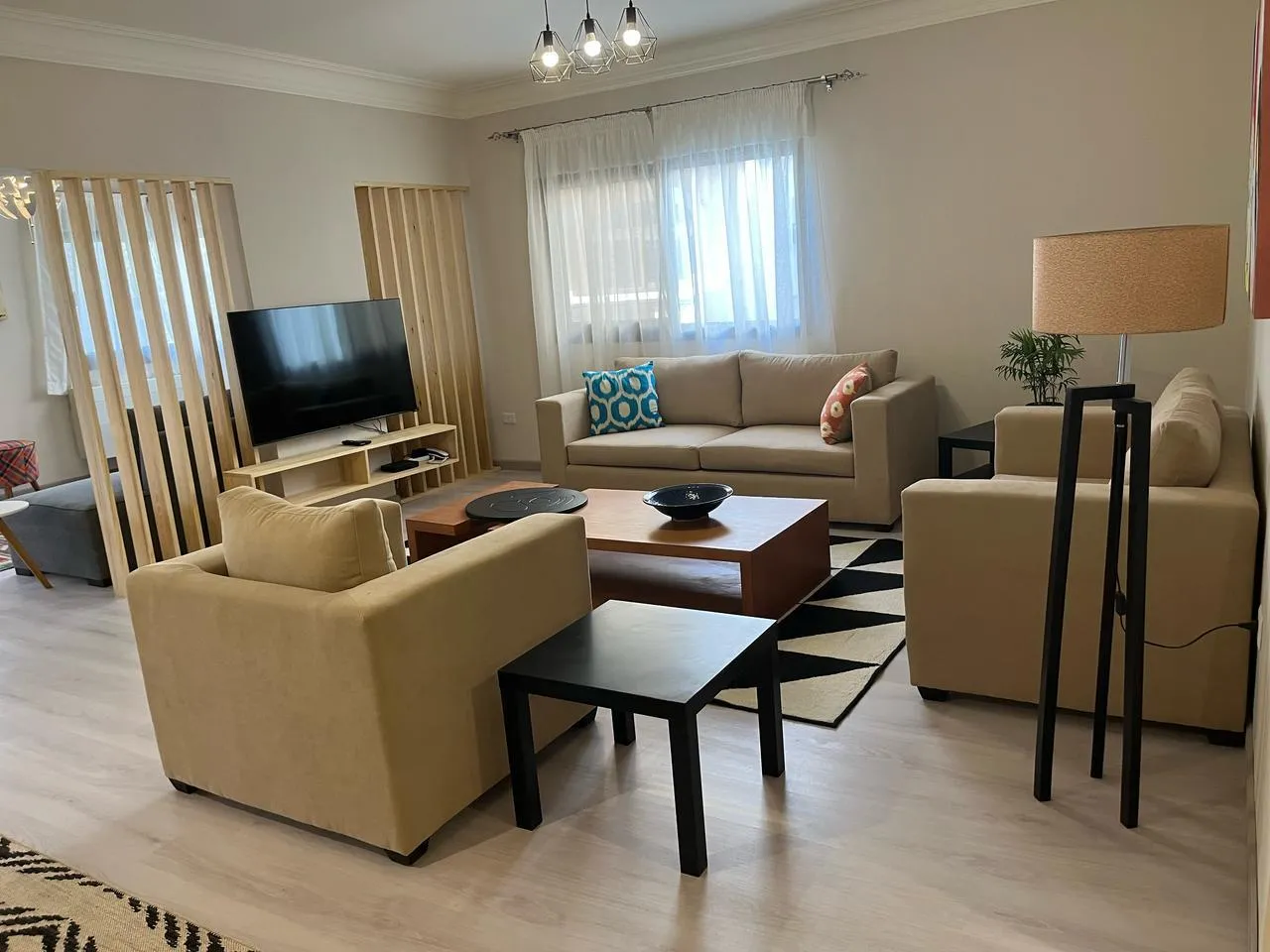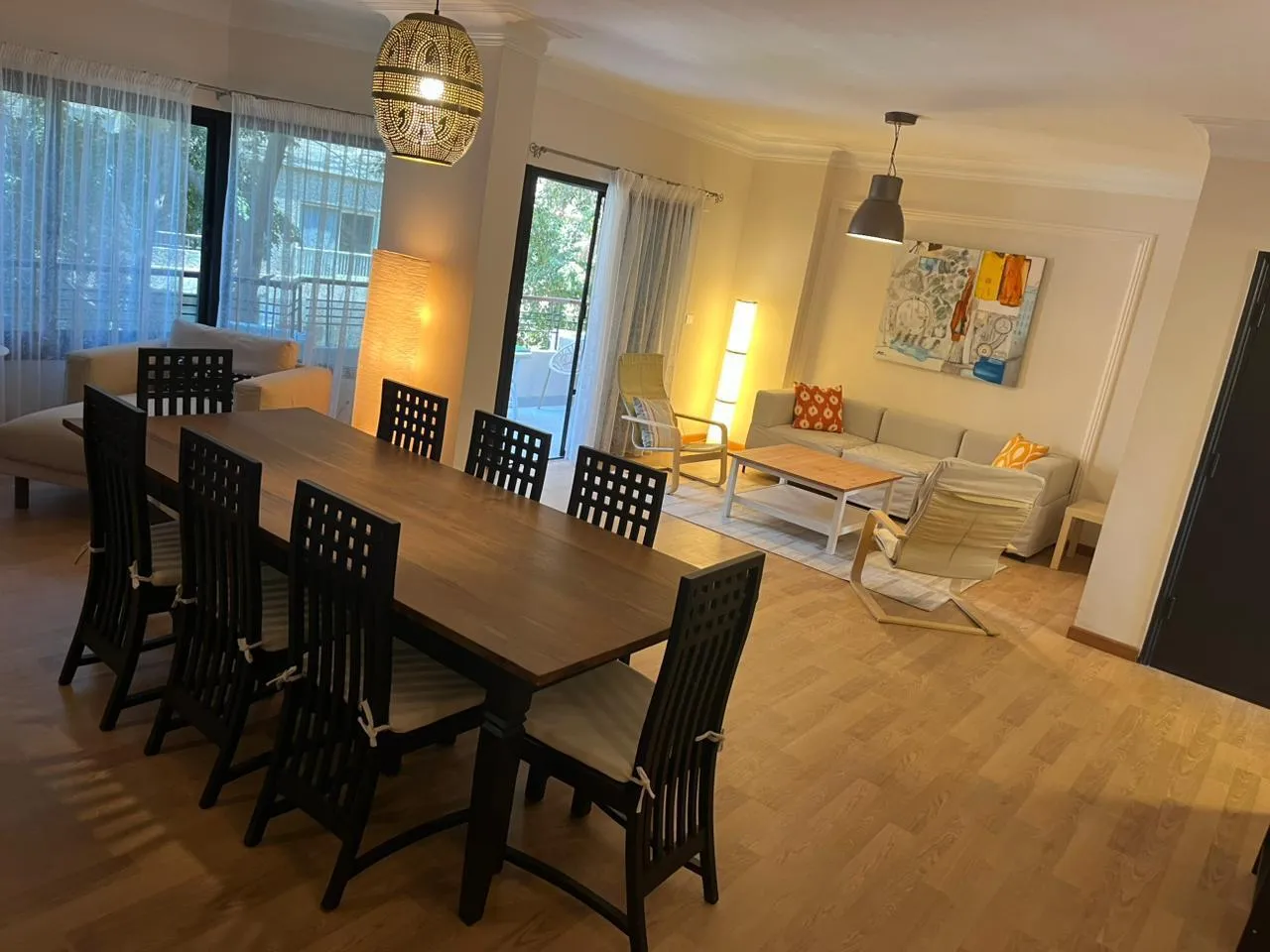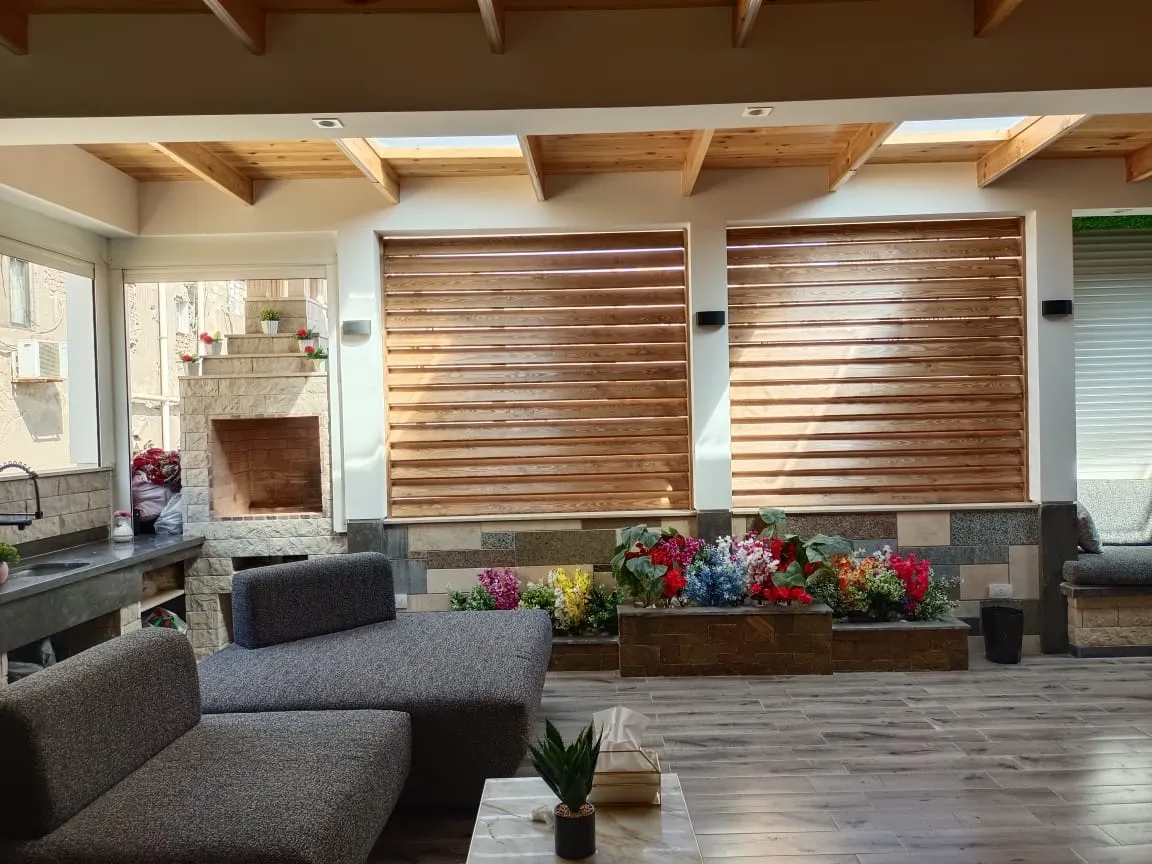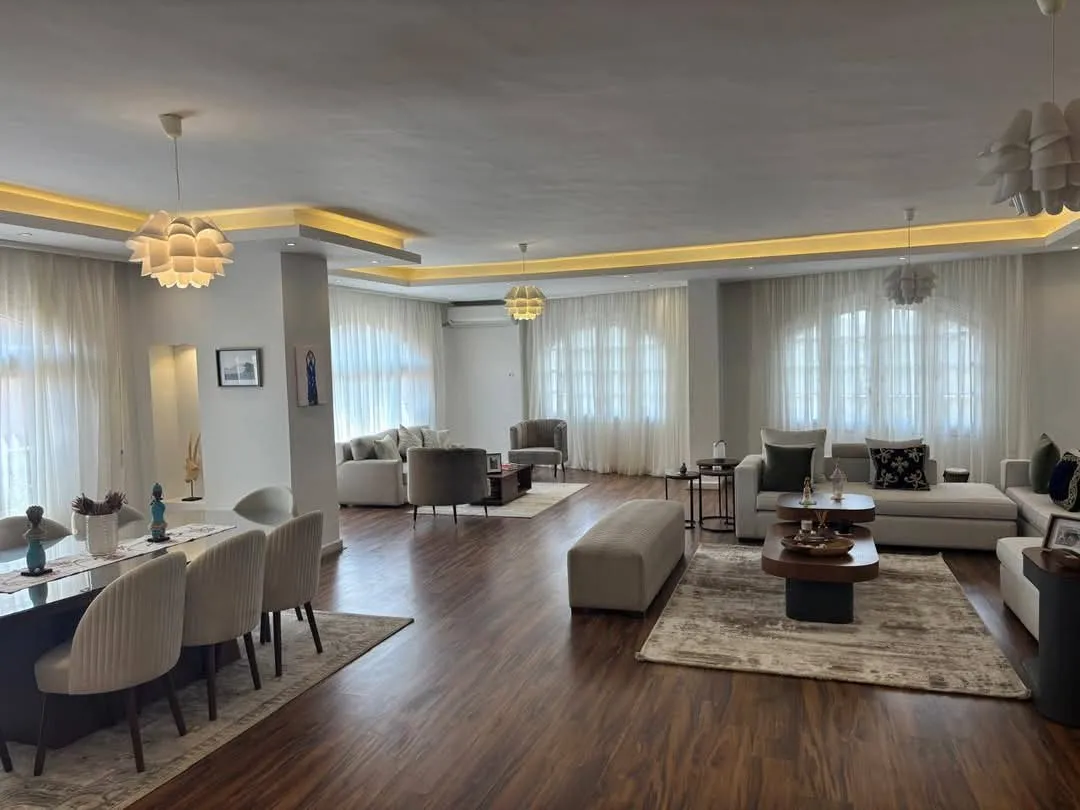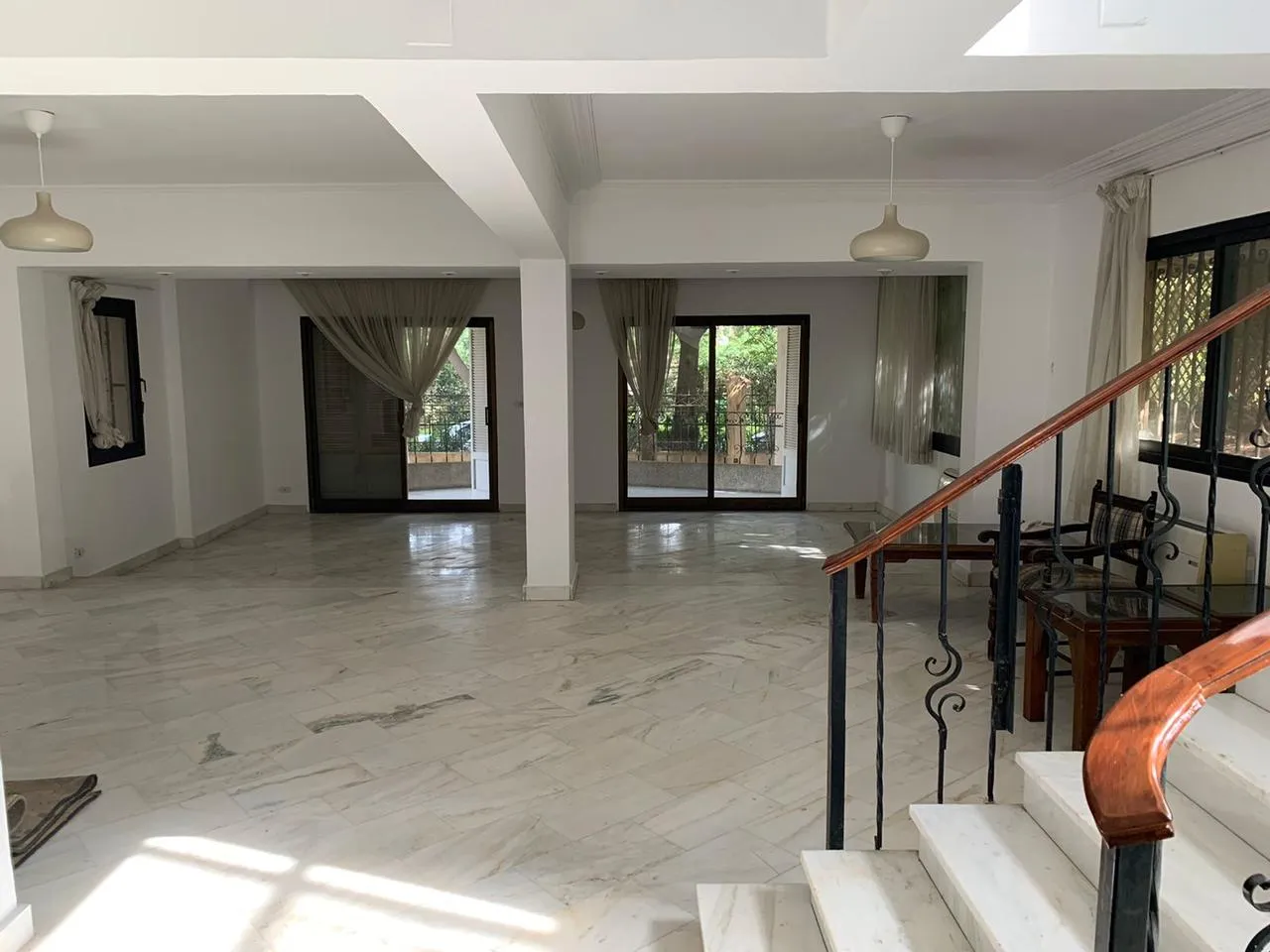First Time Apartment Renter: Avoid These 10 Expensive Mistakes
الكاتب
Ali Ashour
الوقت
17 دقيقة
اللغة
الانجليزية
كتبت بتاريخ:
4/8/2024
تم التحديث:
4/9/2024
First Time Apartment Renter
Renting an apartment for the first time can be an exhilarating yet daunting task for any first-time apartment renter. Budgeting wisely is crucial; the U.S. Department of Housing and Urban Development suggests not exceeding 30% of your gross income on rent to keep housing expenses manageable. Factors such as choosing the right neighborhood and evaluating parking situations are essential in ensuring the chosen apartment complex fits one's lifestyle. Additionally, considering whether you need a roommate and understanding apartment income requirements can greatly influence living arrangements and overall satisfaction.

Navigating the intricacies of apartment rental involves more than just choosing a location; it's about making informed decisions on every aspect of renting. From understanding the fine print of the rental agreement to securing renter's insurance and preparing for security deposits and potential rental application fees. First-time renters must also be vigilant about rental scams, equipping themselves with knowledge on how to spot them. This article serves as a comprehensive guide for the first-time apartment renter, detailing essential steps such as how to lease an apartment, what to look for when renting an apartment, and managing furnishing costs, ensuring a smooth transition into their new home.
Understanding Your Budget
Understanding your budget as a first-time apartment renter involves a multi-step process that can significantly impact your financial well-being and housing satisfaction. Here's how to navigate it:

- Income and Expenses Breakdown:
- Income: Start by calculating your total monthly income after taxes, including salary and any other sources.
- Fixed Expenses: List down fixed expenses such as rent, utilities (average costs vary by city), and insurance.
- Variable Expenses: Account for variable costs like groceries, transportation, and entertainment.
- One-Time Expenses: Don't forget to plan for initial costs such as the security deposit, furniture, and moving expenses, which can range from $350 to $2,000 depending on the apartment size.
- Budgeting and Savings:
- Monthly Budget: Subtract all your expenses from your income to see what you can save. Employ budgeting tools for better categorization and alerts to avoid overspending.
- Savings Tips: Implement strategies like downsizing, sharing the space with roommates, or living slightly farther from city centers to save money.
- Financial Planning:
- The 50/30/20 Rule: Allocate 50% of your income to needs, 30% to wants, and 20% for savings.
- Emergency Fund: Aim to keep at least three months of rent saved as a safety net.
- Credit Score Awareness: Understanding and improving your credit score can enhance your rental application, potentially reducing upfront costs like security deposits.
Researching and Understanding Tenant Rights
Understanding and exercising tenant rights is crucial for a first-time apartment renter to ensure a fair and lawful living environment. Here are key rights protected under various federal and state laws:

- Fair Housing and Non-Discrimination:
- Protected by the federal Fair Housing Act, ensuring no one is denied housing based on race, color, religion, sex, national origin, family status, or disability.
- Landlords must accommodate tenants with disabilities, such as installing ramps or providing lower units.
- Living Conditions and Privacy:
- Tenants are entitled to a safe, clean living space with essential utilities like heat and water. Landlords must conduct necessary repairs to maintain these conditions.
- A tenant's right to privacy means landlords need notice before entry, ensuring tenants' peace and quiet are not disturbed without cause.
- Security Deposits and Repairs:
- State laws dictate the timeframe for returning security deposits post-tenancy. Tenants should receive a written explanation for any portion of the deposit withheld for damages.
- Tenants can demand repairs that materially affect their health or safety. If unaddressed, they may have options such as lease termination, deducting repair costs from rent, or legal action to enforce repairs.
These rights empower tenants to advocate for themselves and ensure their rental experience is protected against unfair practices.
The Importance of Reading and Understanding Your Lease
Understanding the lease before signing is paramount for a first-time apartment renter. A lease is not just a formality but a binding, legal document that outlines the rights and responsibilities of both the tenant and the landlord. Here are crucial aspects to focus on:
- Key Lease Terms:
- Duration of Tenancy: Look for the lease's start and end dates.
- Rent Details: Monthly rent amount, due date, and penalties for late payments.
- Deposits and Fees: Understand the security deposit and any additional fees.
- Utility Responsibilities: Clarify which utilities are included in the rent.
- Restrictions and Policies:
- Pet Policies and Roommate Rules: Check for any restrictions on pets or adding roommates.
- Property Use: Guidelines on outdoor space usage, modifications, and renovations.
- Termination Clauses: Early lease termination conditions and penalties.
- Maintenance and Repairs:
- Who is responsible for what repairs.
- Procedures for requesting repairs and maintenance.
Reading the lease thoroughly, understanding each clause, and keeping a signed copy for reference can prevent potential misunderstandings, financial penalties, or even eviction. Paying special attention to clauses about pet policies, maintenance obligations, and subletting rules will ensure a harmonious landlord-tenant relationship.
Inspecting the Property Thoroughly
Before committing to a lease, a meticulous inspection of the rental property is essential. This step not only helps avoid potential disputes with the landlord but also ensures the living environment is safe and up to standard. Consider the following approach:
- Pre-Inspection Preparation:
- Checklist Creation: Draft a checklist covering dirt, mold, vermin, damage, and structural integrity, among other concerns.
- Documentation: Plan to document the unit's condition with photos or videos, highlighting any existing issues.
- Areas of Focus:
- Essentials: Inspect heating, lighting, ventilation, electricity, and plumbing systems.
- Safety and Security: Evaluate trash disposal, security features, pest control, and furniture condition (if furnished).
- Detailed Inspection Points: Include HVAC systems, electrical outlets, appliances, flooring, walls, ceilings, windows, doors, and signs of pests.
- Post-Inspection Actions:
- Repair Agreements: Ensure any significant issues are agreed to be fixed by the landlord before moving in, with terms documented in writing.
- Regular Inspections: Schedule and document regular inspections, ideally bi-annually or quarterly, with the tenant present to discuss any concerns.
This thorough approach not only safeguards against unforeseen issues but also establishes a clear record of the property’s condition at move-in, providing a benchmark for future reference.
Choosing the Right Location and Time to Rent
When embarking on the journey of renting your first apartment, two critical factors to consider are the location and timing of your rental. These aspects can significantly impact both your budget and living experience.
- Location Considerations:
- Safety and Convenience: Seek out areas known for their safety and convenience to essential amenities like public transportation, grocery stores, and other lifestyle necessities.
- Commute and Parking: Assess your daily commute to work or school and the availability of parking. Proximity to your daily destinations can save time and reduce transportation costs.
- Cultural Fit: Familiarize yourself with the local culture, job market, cost of living, and other socio-economic factors. This ensures the area aligns with your lifestyle and long-term goals.
- Timing Your Rental:
- Best Months to Rent: Winter months, particularly November through January, offer the best rental rates due to lower demand. Landlords may be more willing to negotiate, offering incentives like reduced rent or waived security deposits.
- When to Start Looking: Begin your apartment search in the middle of the month prior to your targeted move month. For the widest range of options and potential savings, aim to move between October and April.
Understanding these elements can lead to a more informed decision, potentially saving you money and enhancing your overall satisfaction with your first apartment rental experience.
Planning for Additional Costs
As a first-time apartment renter, it's crucial to anticipate additional costs that extend beyond the monthly rent. These expenses can significantly impact your budget, so planning for them ensures a smoother rental experience. Here's a breakdown of key additional costs to consider:
- Utility Costs: While some rentals include utilities in the rent price, this isn't always the case. Utilities such as water, electricity, and internet service can add a substantial amount to your monthly expenses. Consider renting an energy-efficient apartment to help save on these costs.
- Renter’s Insurance: Often overlooked, renter’s insurance is essential for protecting your personal belongings against theft, damage, or disasters. Typically affordable, this insurance can save you from out-of-pocket expenses in unforeseen circumstances.
- Upfront Costs: Be prepared for initial expenses such as:
- Security Deposit: Usually equivalent to one month's rent, refundable if the apartment is maintained well.
- Application Fees: Charges for processing your rental application.
- Moving Costs: Includes hiring movers, renting a truck, or buying packing supplies.
Additionally, consider the potential for:
- Pet Fees: If the apartment is pet-friendly, there might be additional fees or deposits for your furry friends.
- Parking and Amenities: Access to special amenities like a gym or parking can come with extra charges.
Understanding these additional costs upfront can help avoid surprises and ensure you're financially prepared for your first apartment rental experience.
Conclusion
Throughout this blog, we have navigated the multifaceted journey a first-time apartment renter embarks upon, from meticulously budgeting in accordance with income to understanding the significance of tenant rights and the vital role they play in a fair living environment. The exploration of understanding one's lease, the importance of a comprehensive property inspection, and the strategy behind selecting the optimal location and timing for renting serve as fundamental pillars to ensure a seamless transition into your new home. Alongside, recognizing and planning for additional costs such as utility expenses, renter's insurance, and upfront fees further secure a well-informed and financially prepared renter.
For those standing at the threshold of renting their first apartment, this article acts as a beacon, guiding through potential pitfalls and empowering with knowledge that not only aids in making educated decisions but also in fostering a harmonious living situation. The insights garnered here pave the way to approach renting with confidence, underscored by a deep understanding of the responsibilities and rights it entails. As the keys to your first apartment symbolize more than just access to a space, they unlock a new chapter brimming with independence and opportunity, it is hoped that the guidance provided herein serves in crafting a foundation as sturdy and welcoming as the home you are about to make.

